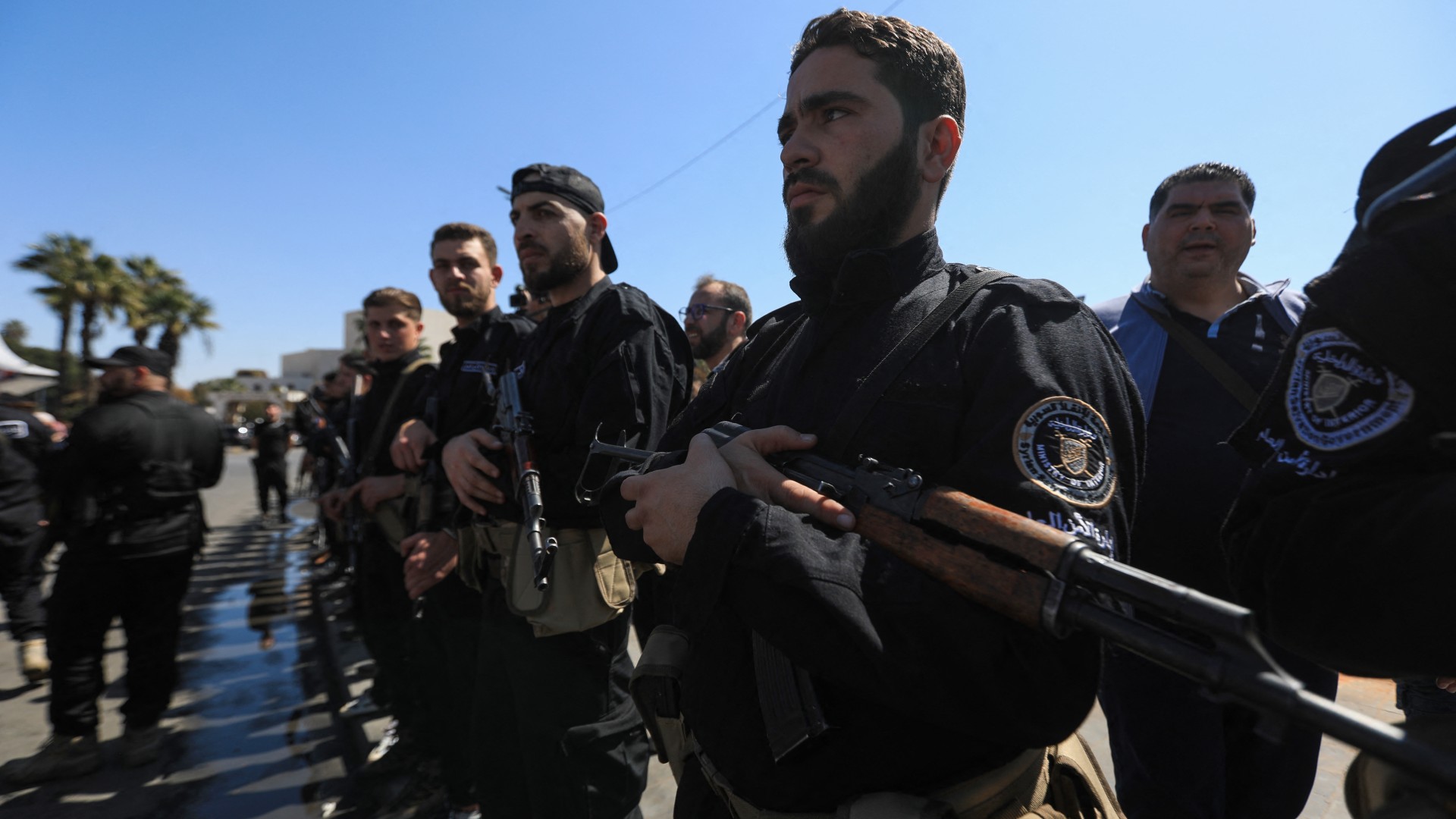Foreignrun accounts on X spread fake news about Syria report finds

Foreign-based social media accounts on X have promoted misinformation about the situation in Syria since December, including by inciting sectarianism, according to a new BBC investigation.
BBC Arabic’s fact-checking team reported this week the findings of its probe into social media misinformation since the fall of Bashar al-Assad’s government on 8 December.
It analysed more than 400,000 posts on X, formerly known as Twitter, linked to disinformation and hate speech in connection with Syria’s new administration led by Ahmad al-Sharaa.
Of those posts, at least 50,000 spread false or unreliable information about the new administration. Sixty percent of those posts originated from accounts outside of Syria, including in Iraq, Yemen, Lebanon and Iran.
One of the false narratives was peddled on 9 March, when multiple accounts posted on X claiming that the priest of the Greek Orthodox Mar Elias Church near Damascus had been executed by “Jolani gangs” - using Sharaa’s nom de guerre.
New MEE newsletter: Jerusalem Dispatch
Sign up to get the latest insights and analysis on Israel-Palestine, alongside Turkey Unpacked and other MEE newsletters
Identical posts with the same wording and images circulated on X. The church later denied that any such execution had taken place.
Elsewhere, in December a viral video claimed to show a man belonging to “Jolani’s gangs” destroying a statue of the Virgin Mary. The video was mostly circulated by accounts in Iraq.
The BBC found that the video actually dated back to 2013.
The investigation found several signs of coordinated activity, including use of bots and accounts posting simultaneous content with the same talking points.
Posts fed sectarian violence
The report also found online campaigns in support of Sharaa, including 80,000 posts from accounts mostly in Turkey and Saudi Arabia.
It said those posts also showed clear signs of coordinated online manipulation.
During a violent escalation in which hundreds of Alawis civilians were killed in March, misinformation was similarly spread online.
The Syrian Network for Human Rights said 1,334 civilians, mostly Alawis, lost their lives in the violence, including 889 killed by armed forces involved in the security crackdowns in Syria's coastal region. At least 446 people were killed by non-state armed groups linked to Assad, the group added.
The BBC report found over 100,000 posts spreading hate speech and incitement against Alawis in recent months. Many of these were identified as Saudi Arabian and Turkish-based accounts too.
Some of the posts referred to Alawis as “infidels” and “criminals”.
Another example of coordinated sectarian posts centred around a fake recording claiming to show a Druze religious leader, Sheikh Marwan Kiwan, insulting the Prophet Muhammad.
Both Kiwan and Syria’s defence ministry said the recording was faked and intended to sow discord in Syrian society.
Deadly clashes broke out between pro-government fighters and local Druze gunmen, resulting in the killing of dozens of people south of Damascus following the release of the debunked clip.
During the violence, the BBC probe found calls for murder and hate speech initially posted in Syria, but then later promoted by accounts abroad, including in Iraq and Saudi Arabia.
Ruslan Trad, a researcher at the Atlantic Council's Digital Forensic Research Lab, told the BBC that there had been evidence of coordinated sectarian disinformation related to Syria, serving Iranian and Israeli agendas.
Israeli officials have regularly threatened Syria’s new rulers, claiming they pose a threat to the Druze minority.
Syrians across the country, including Druze in the south, have firmly rejected Israel’s statements and claimed that it was an attempt to stir sectarian tensions.
middleeasteye.net